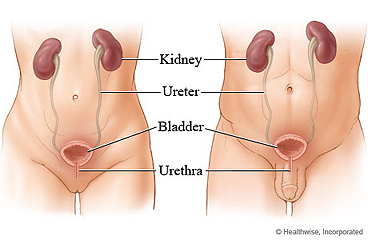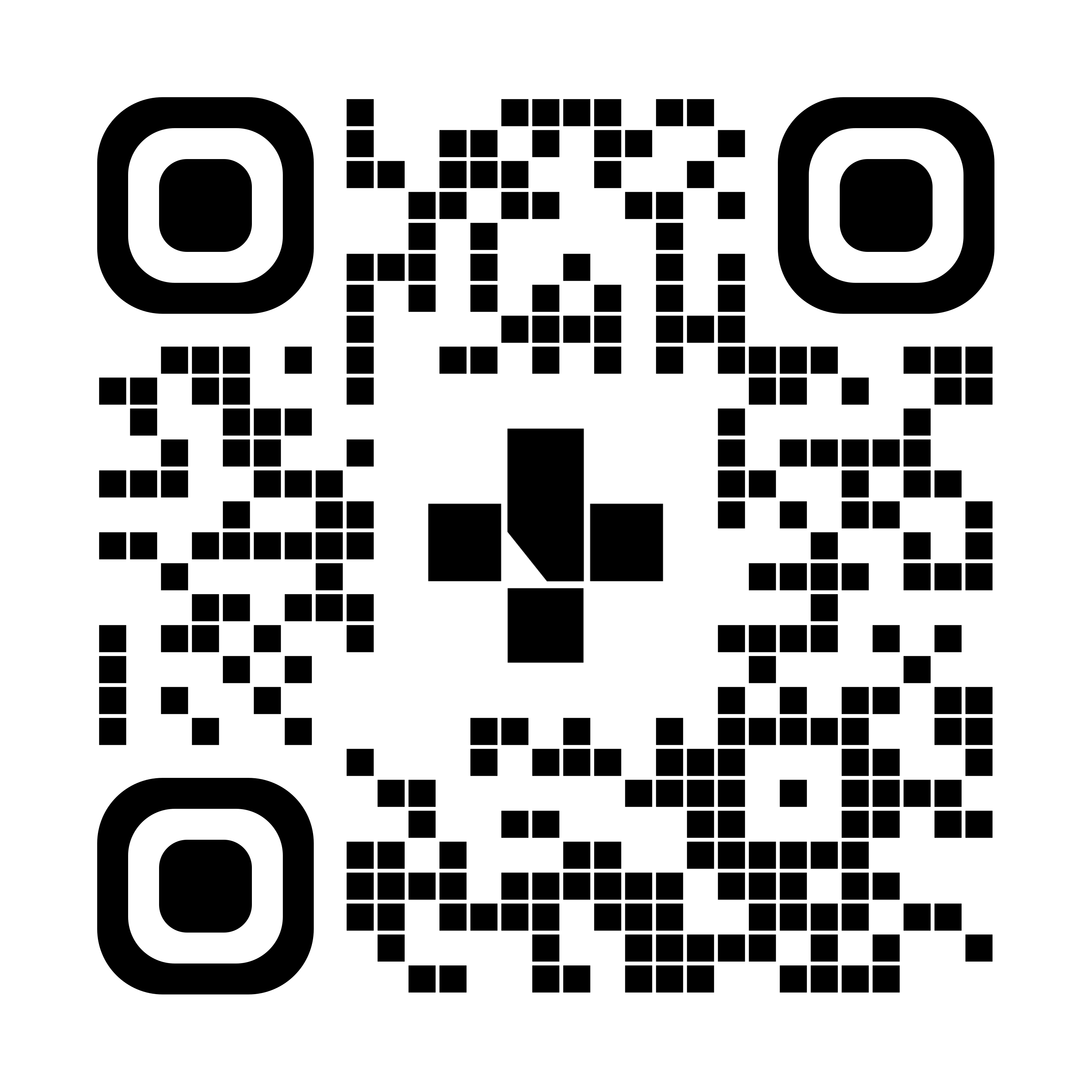Tumour Ablation for Kidney Cancer
Before your procedure

What is tumour ablation?
Tumour ablation is a procedure to shrink a kidney tumour. It may be done in several ways, such as by sending heat, cold, or chemicals into the tumour.
The doctor will insert a special needle called a probe into your skin on the right or left side of your back. You may feel pain in your diaphragm for a few seconds when the probe goes into your kidney. This is called referred pain. It is caused by pain travelling along a nerve near the kidney.
You may feel some pain when the doctor uses the probe. If the tumour is large, the doctor may repeat the procedure from a different angle or use multiple probes. This is to make sure that all areas of the tumour are treated.
After the procedure, the doctor will remove the probe. The doctor or nurse will put a bandage over your skin where the probe was inserted. You will probably go home on the same day as the procedure.
The chemicals, heat, or cold make the tumour shrink. Bit by bit, the tumour will be replaced with scar tissue over the next few months. This should not affect your kidneys’ ability to do their job.
How do you prepare for the procedure?
Procedures can be stressful. This information will help you understand what you can expect. And it will help you safely prepare for your procedure.
Preparing for the procedure
- Make plans to have someone drive you home. Sedation or pain medicine make it unsafe for you to drive.
- Make sure you understand your treatment plan, including the procedure, risks, benefits, follow-up treatments, and other options.
- If you take blood thinners (anticoagulants), ask your doctor if you should stop taking them before your procedure. Make sure that you understand exactly what your doctor wants you to do. These medicines increase the risk of bleeding.
- Your doctor will tell you which medicines to take or stop before your procedure. You may need to stop taking certain medicines a week or more before the procedure. So talk to your doctor as soon as you can.
- Make sure your doctor and the hospital have a copy of your advance care plan. If you don't have one, you may want to prepare one. It lets others know your health care wishes. It's a good thing to have before any type of surgery or procedure.
What happens on the day of the procedure?
- Follow the instructions exactly about when to stop eating and drinking. If you don't, your procedure may be cancelled. Follow instructions from your doctor regarding your medications. If your doctor told you to take your medicines on the day of the procedure, take them with only a sip of water.
- Take a bath or shower before you come in for your procedure. Do not apply lotions, perfumes, deodorants, or nail polish.
- Take off all jewelry and piercings. And take out contact lenses, if you wear them.
At the hospital or surgery centre
- Bring a picture ID.
- You will be kept comfortable and safe by your healthcare provider. They may give you medicine to make you comfortable (sedation) or just numb the area being worked on.
- The procedure will take about 1 to 3 hours.
When should you call your doctor?
- You have questions or concerns
- You don't understand how to prepare for your procedure.
- You become ill before the procedure (such as fever, flu, or a cold).
- You need to reschedule or have changed your mind about having the procedure.
To see this information online and learn more, visit MyHealth.Alberta.ca/health/aftercareinformation/pages/conditions.aspx?hwid=custom.ab_kidney_cancer_tumor_ablation_inst.

For 24/7 nurse advice and general health information call Health Link at 811.
Current as of: April 1, 2024
Author: Diagnostic Imaging, Alberta Health Services
This material is not a substitute for the advice of a qualified health professional. This material is intended for general information only and is provided on an "as is", "where is" basis. Although reasonable efforts were made to confirm the accuracy of the information, Alberta Health Services does not make any representation or warranty, express, implied or statutory, as to the accuracy, reliability, completeness, applicability or fitness for a particular purpose of such information. Alberta Health Services expressly disclaims all liability for the use of these materials, and for any claims, actions, demands or suits arising from such use.
